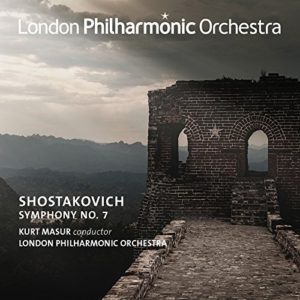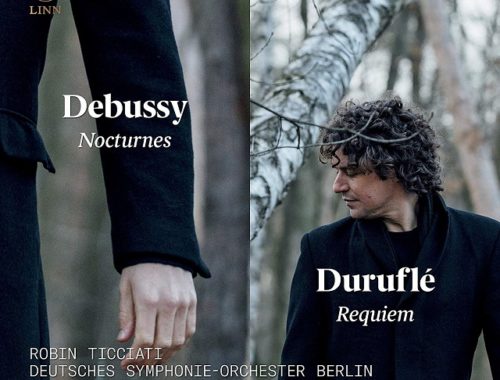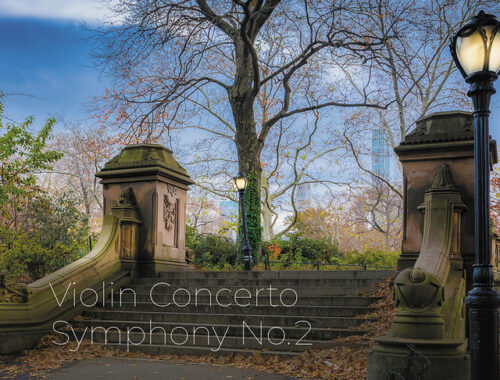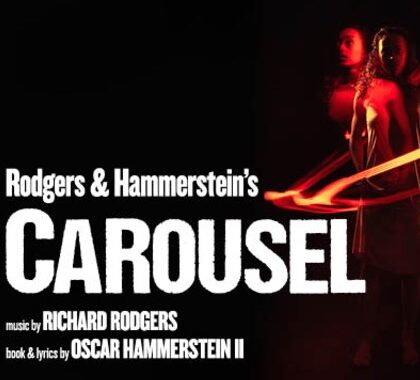GRAMOPHONE Review: Shostakovich Symphony No. 7 – London Philharmonic Orchestra/Masur
 The opening of this tremendous piece reveals so much about a performance. Before the invasion, before the siege of Leningrad, there is buoyancy and uplift and hopefulness in the confidant and forthright theme which begins and indeed ends the symphony. Happier times? Not if we are to believe Kurt Masur in this live Festival Hall, London performance from 2003. Perhaps he wanted to convey a darker subtext, a premonition of menace – threat – but texturally and tempo-wise the opening pages are possessed of a heaviness which goes on to pervade the entire performance.
The opening of this tremendous piece reveals so much about a performance. Before the invasion, before the siege of Leningrad, there is buoyancy and uplift and hopefulness in the confidant and forthright theme which begins and indeed ends the symphony. Happier times? Not if we are to believe Kurt Masur in this live Festival Hall, London performance from 2003. Perhaps he wanted to convey a darker subtext, a premonition of menace – threat – but texturally and tempo-wise the opening pages are possessed of a heaviness which goes on to pervade the entire performance.
A greyness prevails – and it’s that uniformity of colour which detracts from some of the most original writing in the entire canon of Shostakovich symphonies. For sure the monstrous war machine which morphs from that innocuous, toe-tapping, ditty in the development of the first movement arrives with ferocious efficiency, layer upon layer, repeat upon repeat, the side drum rhythm multiplying to brutal effect. But by the time we drift into the aftermath and a lone bassoon surveys the devastation it’s like the opening of the movement was a spoiler and we’ve been there before.
Perhaps it’s simply that this reading lacks an innate “Russianness”? There’s more Mahler than usual in the spooky scherzo, bass clarinet and flutter-tonguing flute adding to the creepiness – but still it’s all a bit stern. The Stravinskian wind “chorale” which opens Shostakovich’s extraordinarily original Adagio has a flinty severity about it but again the heaviness of the delivery plays against the intensity. And by the time that chorale returns in strings at the close of the movement it has grown impossibly stodgy.
So not for me. There are moments of eloquence and imposing grandeur from the London Philharmonic but
equally moments suggesting a shortage of rehearsal time. Was it ever thus. The long road to the mighty coda of the finale is controlled with military precision (though should that be my impression?) and is, as ever, gripping. Equally the defiance and pride of the coda which never fails to thrill. But I don’t feel a big heart beating beneath the surface of this performance and nor do I feel its Russian soul.
You May Also Like

GRAMOPHONE Review: Duruflé Requiem / Debussy Nocturnes – Kožená, Berlin Radio Choir, Deutsches Symphonie-Orchester Berlin/Ticciati
08/11/2019
GRAMOPHONE Review: Weill Violin Concerto / Symphony No. 2 – Tamás Kocsis, Ulster Orchestra/Van Steen
02/10/2022

